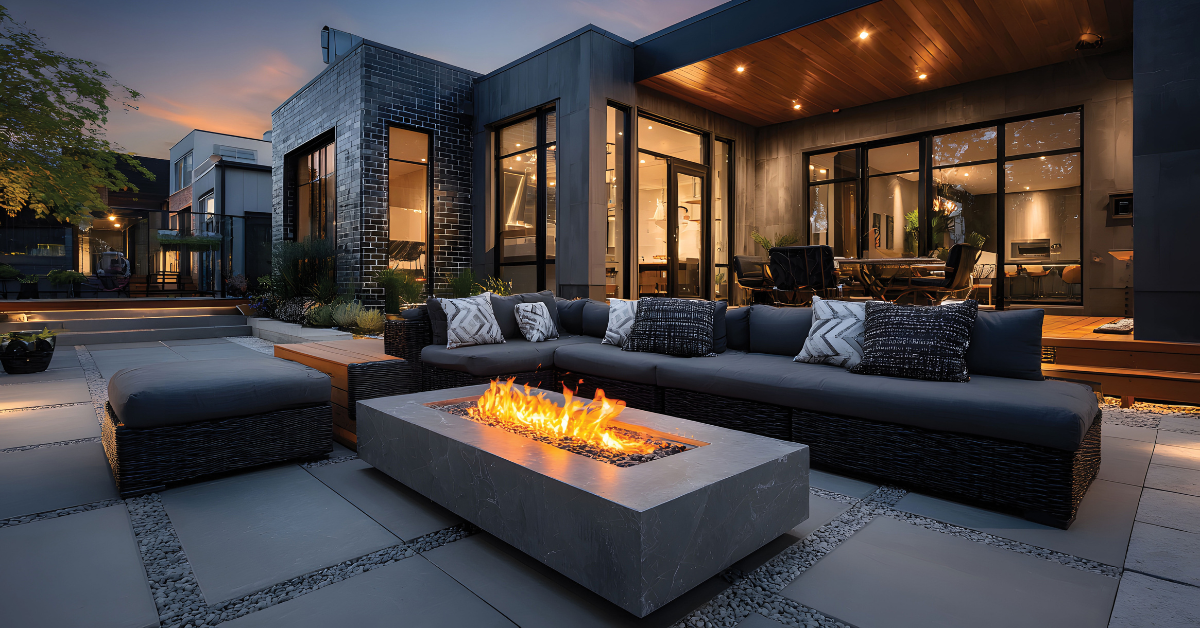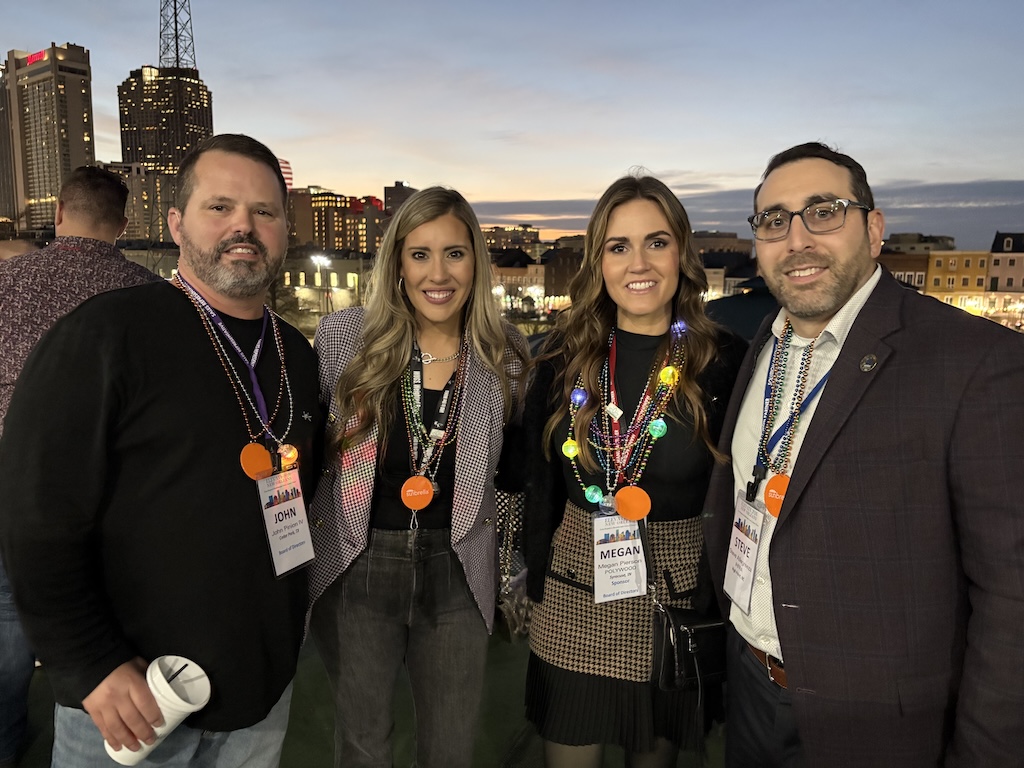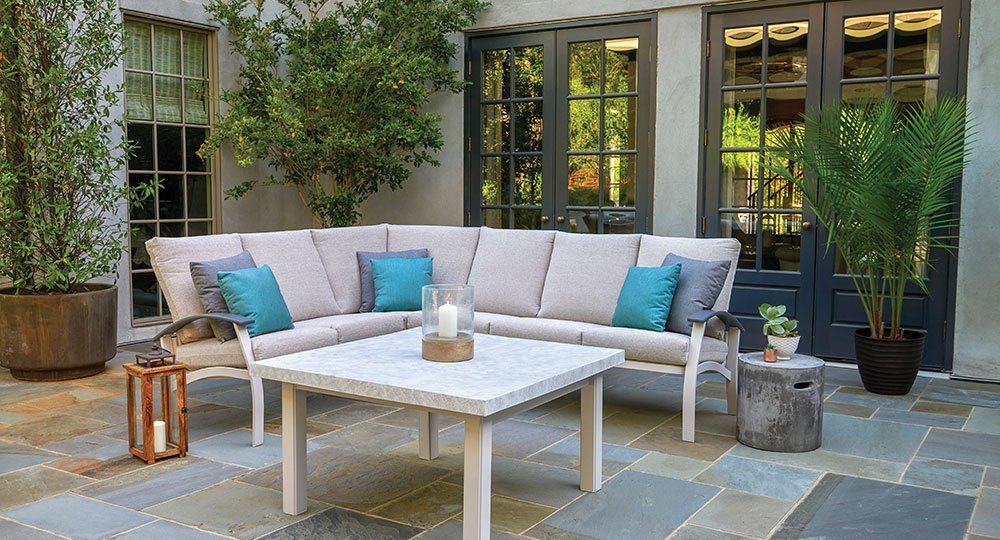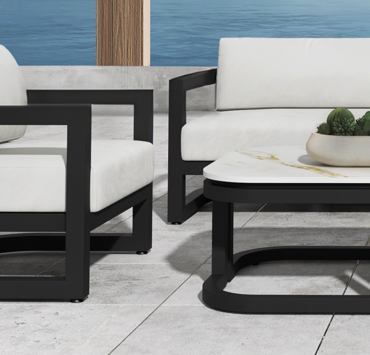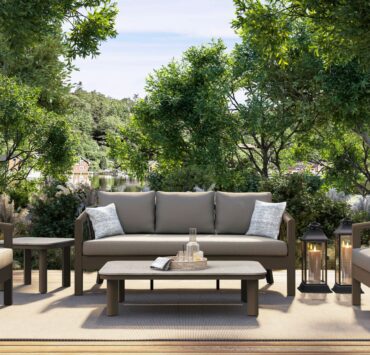In Stone Harbor, New Jersey, generations of vacationers have made their way to the Atlantic and then to Seashore Ace Home and Outdoor Living.
In that order.
Scott Fisher, president of Seashore Ace, says his grandfather, Spike Fisher, began in 1946 by selling appliances, realized he wasn’t making any money and started carrying hardware and shoes, then took a fateful trip that changed both his store and high-end outdoor retailers everywhere.
“My grandfather was an avid golfer, and he used to go down to Florida in the wintertime and he found Tropitone at his golf club,” says Fisher. “He wanted to buy some for his home in Stone Harbor but they would sell only to commercial accounts. So he bought some for his retail store in Stone Harbor and that was how Tropitone got into retail.”
Over the years, Seashore Ace has renovated the building to add more outdoor showroom space, so it could add specialty lines such as Lloyd Flanders, Gloster, Carter, Telescope, Barlow Tyrie and Winston, so it could effectively compete with nearby retailers.
Today’s priorities
Fisher says that business in 2025 will depend largely on lead times.
“I hope to get back into special order,” he says. “Before Covid, 60% was special order and that has really slimmed down over the past four years. We are hoping for better lead times and retraining the public that you can get it in a variety of different colors.
“We have seen people go away — they came back a little last year and we are hoping to see that again. The importance of that is we don’t have to carry as much stuff. We are working our way through that Covid hangover and to try to move through that product.”
Accordingly, the biggest challenge has been to find good help.
“Picking up good associates has been a challenge since the pandemic,” Fisher says. “Starting to put our team back together — it’s been a bumpy road getting from where we were, losing some people and then putting the team back together.”
Seashore Ace, because it does business under the Ace Hardware umbrella, uses Workstream, which Ace provides, to send job applications to recruiters. New hires are placed on a 90-day probationary period and if they don’t make the grade, they’re gone.
“That has helped the morale of the store,” he says. “It hurts morale when you see some people not working and others are. If you have people on who don’t want to work and want to skate by, you let them go and you see morale of the store turn around very quickly. With the internet and things like that, we as a brick-and-mortar store have to be a positive experience for all of our customers.”
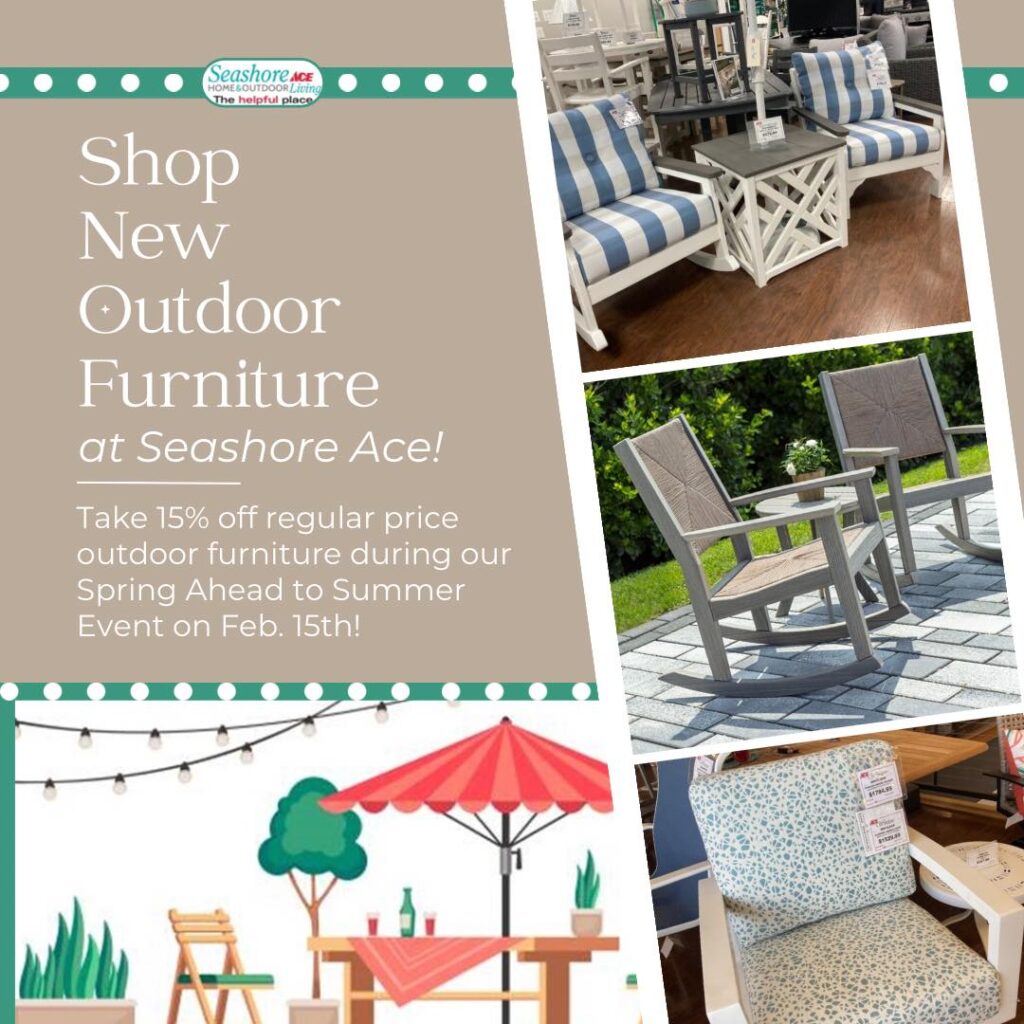
Fisher says that business in 2025 will depend largely on lead times.
“I hope to get back into special order,” he says. “Before Covid, 60% was special order and that has really slimmed down over the past four years. We are hoping for better lead times and retraining the public that you can get it in a variety of different colors.
“We have seen people go away — they came back a little last year and we are hoping to see that again. The importance of that is we don’t have to carry as much stuff. We are working our way through that Covid hangover and to try to move through that product.”
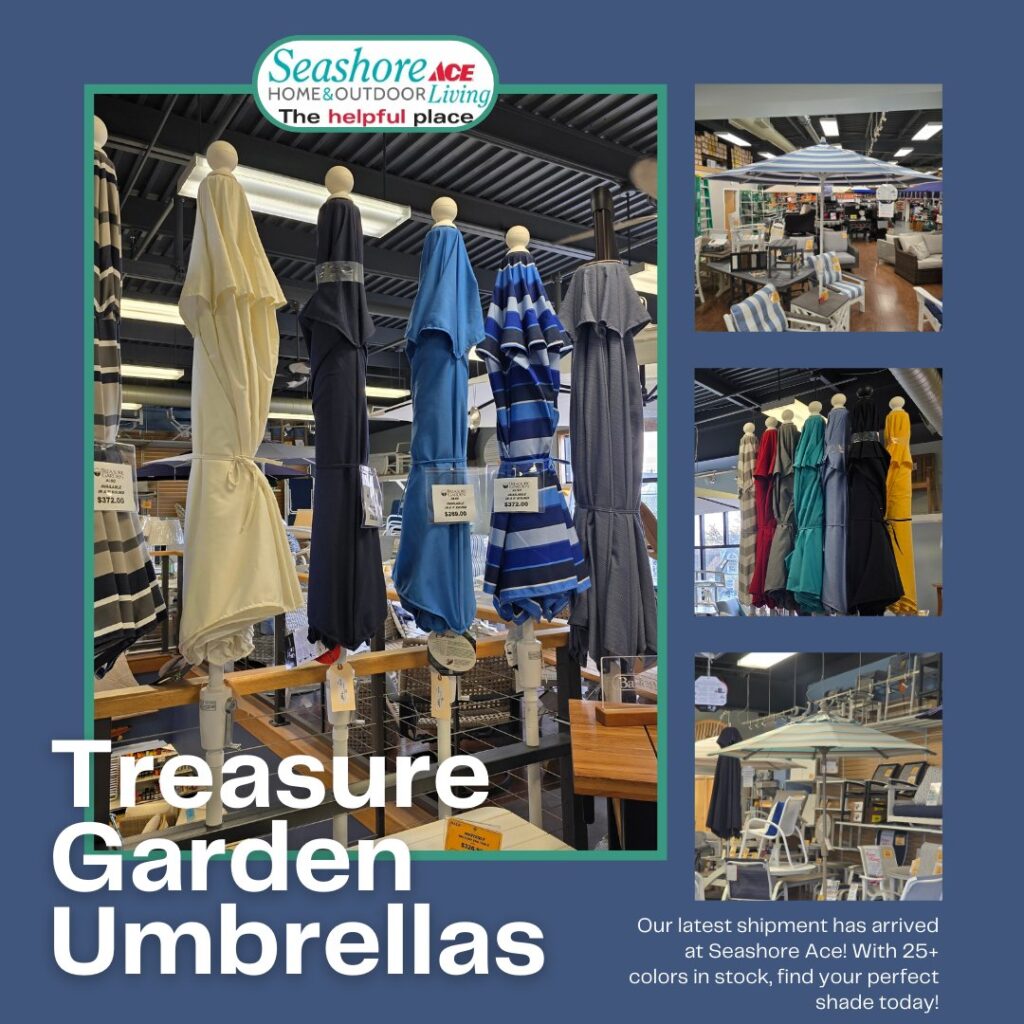
Fisher says that he is not seeing a slowdown, because his products are marketed to those who have the means to buy what he sells.
“Our customers are going to be comfortable to spend money,” he says. “It’s about location. The service we do for people, the delivery service does a heckuva good job. We make sure that the customer gets what they want when they want it.”
To get the word out, Seashore Ace produces YouTube videos and targets consumers online. To choose what to carry, Fisher looks for goods that will last.
“First and foremost, I carry furniture that will hold up,” he says. “A headache to my customers is a headache to me, and I don’t sell headaches. I am looking for history — what the reputation is of companies. Are they going to be my partners or not? You have gotta be better than your competition. We don’t sell anything that you can’t find anywhere else. You can go 20 to 30 miles up the road and find a Telescope dealer, 80 miles, another Tropitone. But we are a lot of second and third homes. Our competition isn’t only down here at the shore but in other areas, think Philadelphia, D.C. and New York.”
Setting themselves apart from the competition means going where they are.
“It’s the longevity we’ve had here, the word of mouth,” says Fisher. “A lot of our customers are on the Main Line — you could think we were a Philadelphia store — we do have to market to those people with social media, to focus on those areas. In the spring, we are running commercials in Villanova and the Main Line of Pennsylvania.”
The marketing extends to all company vehicles — the vans, the box trucks, the pickups — everything, which has graphics all over them that say who they are and what they sell. It even extends to networking with contractors, who can pass along Seashore Ace’s name to new homeowners — and to shrink-wrapping outdoor furniture in the off season.
Fisher says that he is increasingly seeing competition both from full-line furniture stores and online retailers. He says the key for both is to be focused on the sale.
“We want to be better from the moment a person comes into the store,” he says. “It is a journey and experience to sell them outdoor furniture. Some people don’t know what they want — whether it’s Polywood or wicker or teak, we have to walk them through all of them.
“From the moment people come in, it’s a journey and we have to offer them the best customer service experience we can. They might come and see us five or six times before they make the selection of what they want. We have to make that a positive experience — the delivery guys, also.
Fisher said competing with online can be price-driven. In many cases, Seashore Ace has better prices, because hardware stores have a lower overall markup than do most furniture stores.
He points out that customers can buy online, get the goods dropped off the back of a truck and put it together themselves, versus Seashore Ace, which delivers seven days a week.
Any advice for a struggling casual retailer today?
“Out-service everybody else around when they come into your place of business,” says Fisher. “Make sure everything works right for the customer. You have got to do your very best. You have to have the right product at the right time. If it’s the Fourth of July, people are not going to wait four to six weeks. If you don’t have the right selection at the right time, that’s a sale you are not ever going to get back. Go out-service everybody and try to wow the customer.”


